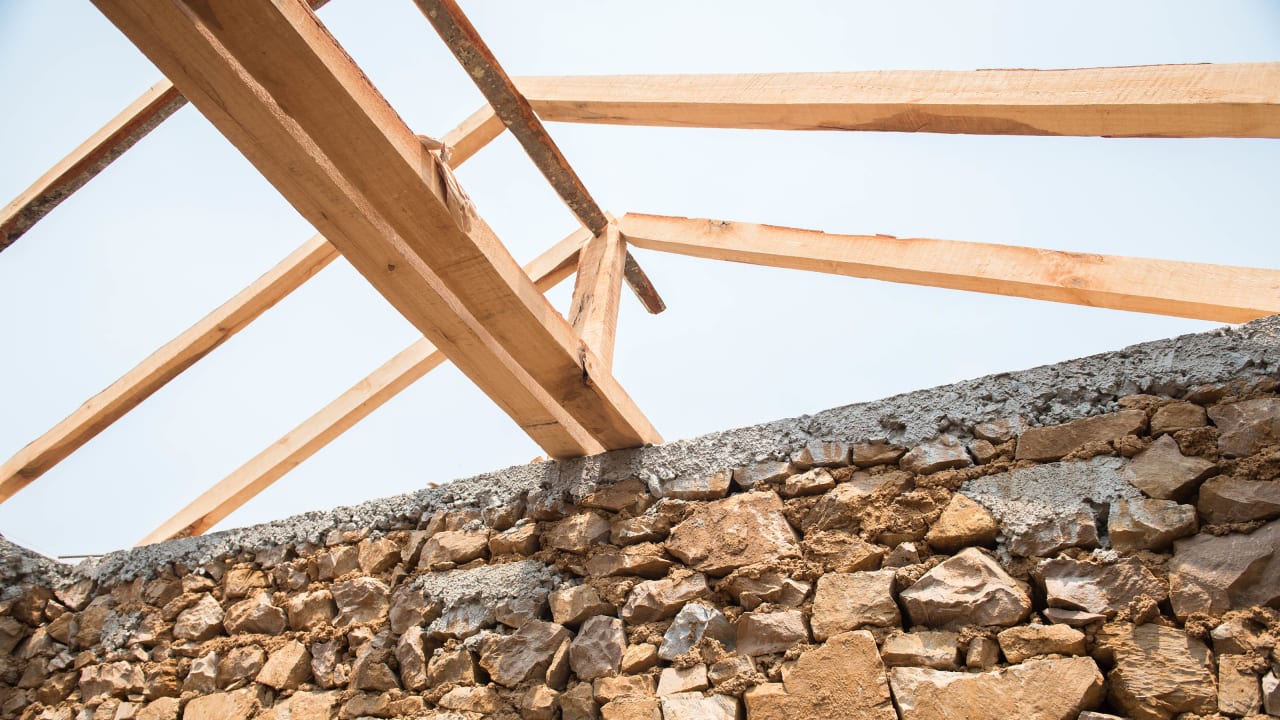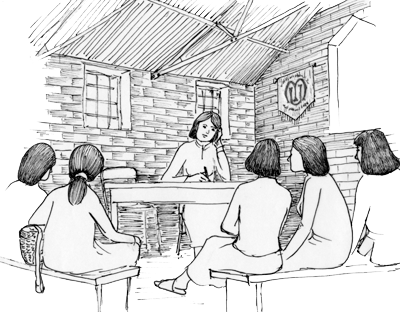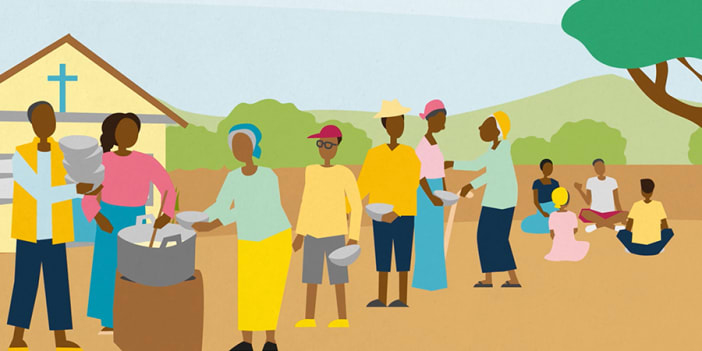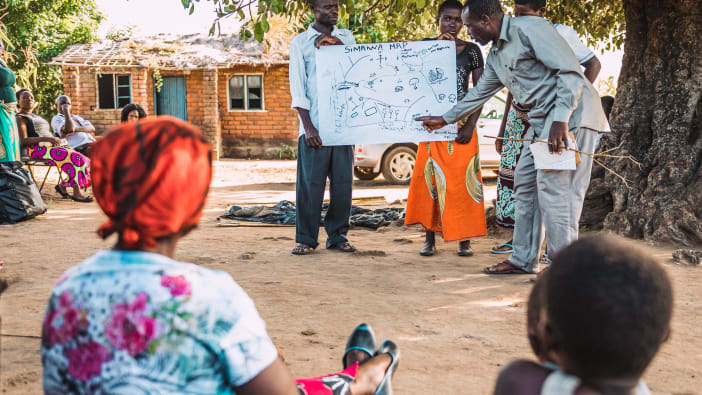- Every community has a number of groups and a number of leaders, some official, some unofficial. Local government leaders and registered organisations may give reliable leadership and direction, but sometimes local people may not always have full confidence in these.
- Groups within your community may include self-help groups, co-operatives for marketing produce, religious groups, youth groups and extended family groups. Many of these groups may have experience that could prove useful in a disaster situation.
- Some people are natural leaders within your community, such as head teachers, elders, midwives or health workers. They have wisdom and respect. People are likely to turn to them when they are in difficulty or need advice. They may also be the people asked for advice during a disaster situation.
Tools and guides
How is the community organised
Discusses how local leadership can support better disaster preparedness
2005 Available in English, French, Spanish and Portuguese

A new model earthquake resistant house in Nepal built by Tearfund for the local community in Basanta, Tistung, Makwanpur District. Photo: Eleanor Bentall/Tearfund.

Every community has a number of groups and a number of leaders
Discussion
- List all the community leaders in your area, both government and non-government. In an emergency situation, when confusing and sometimes different directions are being given by those in authority, whose directions would be followed?
- What experience do these leaders have in organising people? What experience do they have in planning? How could their experience be widened to help prepare to cope with a disaster?
- How closely linked are these leaders to government officials? How can links between government officials, church groups, NGOs and community groups be strengthened and communications improved?
- How effective are church groups in training and preparing members for leadership? How can this be improved?
Similarly Tagged Content
Share this resource
If you found this resource useful, please share it with others so they can benefit too.

Get our email updates
Be the first to hear about our latest learning and resources
Sign up now - Get our email updates





